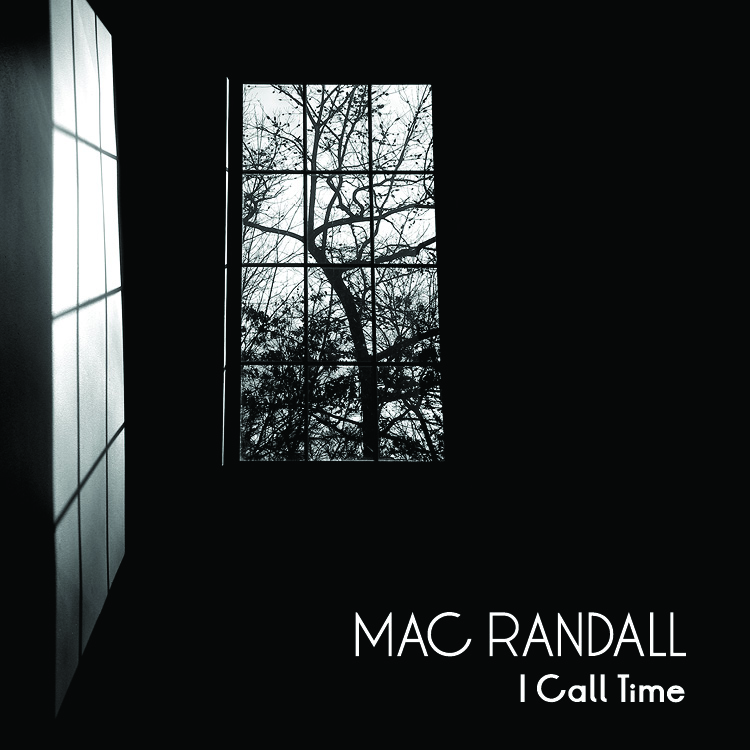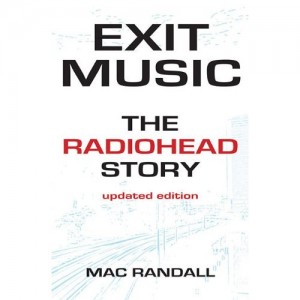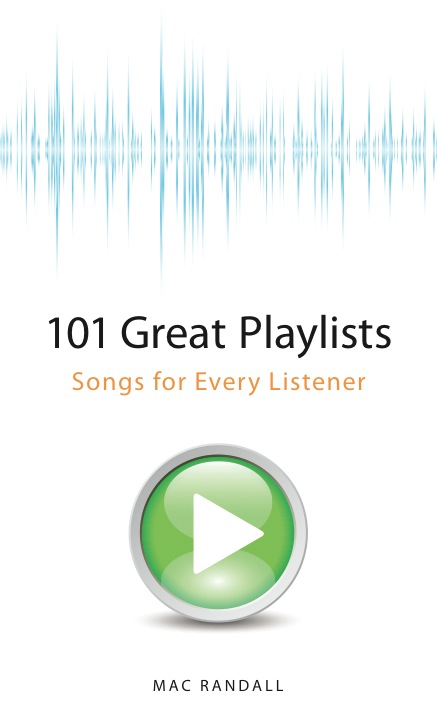The four-letter dilemma
Last month, as Jon Pareles astutely noted in the New York Times, the pop music world experienced a singular moment that can be seen either as a triumph of free expression or one more downward step in the ongoing coarsening of our culture. For the first time, no less than three of the songs on the Billboard Top 10 U.S. singles chart featured the word “fuck” in their titles. All three of these songs are also available in “clean” versions, of course; they couldn’t be played on broadcast radio if they weren’t. But come on, people! They’re three of the most popular songs in the country, and all it takes is a quick Google search to find out their real lyrics.
Not long ago, even the idea that a song called “Fuck You” could go to No. 1 was barely imaginable. But we have rapidly reached a pop-cultural point where, to quote Jane’s Addiction, nothing’s shocking. George Carlin’s seven words you can’t say on television have long since become words you can, and frequently do, say on cable or the Internet. (Who really gives a fuck about the FCC these days?) In advertising, movies, TV, music, and video games, everything that can be overtly sexualized is, and gruesome violence is commonplace.
Before you start thinking that I’ve gone off and joined the Christian Coalition, allow me to add this: I’m a voting member of the Recording Academy, and when Grammy time came around I voted for Cee-Lo Green’s “Fuck You” in every applicable category. That’s because I truly think it’s a great song, and one of the things that makes it great is its subversive quality. Its sentiments are universal, its tune is irresistible, and its words are…well, some might call a few of them beyond the pale. But that, of course, is a large part of its appeal.
As a stalwart supporter of free speech, I’m overjoyed by the success of Cee-Lo (and Pink and Enrique). The First Amendment true believer in me asks, why should any words ever be regarded as off limits? Words don’t hurt people, people hurt people. Right?
If only it were that easy.
I edit a magazine for middle and high school kids that’s distributed in public schools by music teachers. No matter how much I may personally love Cee-Lo, there’s no way I can feature him in the magazine. The simple fact is that kids may listen to four-letter words all they like on their own time, but when something bears the imprimatur of school, it has to pass a stricter test. If a teacher assigns an article in class about someone who sings a song called “Fuck You,” and a less open-minded parent or administrator catches wind of it, that teacher could get in real trouble. In this case, a word can hurt a person; it can cost him his job.
Every issue, Music Alive! features a song of the month, generally a current hit. We run a simple sheet-music transcription of the song in the magazine and include a recording of it on the accompanying classroom CD. It can be difficult enough just getting approval to use these songs from the various record labels and publishers involved. Then we also have to take into account the appropriateness of the songs’ lyrical content. Looked at from this angle, having three songs full of cuss words in the Top 10 isn’t liberating at all; it’s severely limiting. How can we fulfill our mission of teaching kids about music through the songs that matter to them when the songs that matter to them aren’t considered appropriate for school?
A few issues back, our song of the month included the word “hell”—used metaphorically, not as an expletive. A middle school music teacher from Missouri called me to say that this had really bothered the local school board and that it was possible the school might not renew its subscription for next year. The guy clearly appreciated what we were doing, but he was in a bind. You could call this an extreme case. But the reality remains: As pop culture continues to stretch the bounds of acceptability, lots of folks out there aren’t much interested in stretching.
There’s an even more personal angle to this. I’m the father of a four-year-old girl. I don’t want to hear her singing “Fuck You.” And yet I enthusiastically voted for it as Song of the Year. What does this make me? A hypocrite? The upholder of an age-based double standard? I’m not sure, but I suspect I may be part of the problem.







Maybe you could send the members of that school board in Missouri some “F*** You, You F***in’ F***!!” t-shirts from St. Marks Place 🙂
It makes you schizo. Just say you edit as Mac Randall, but you vote as Dexter B.